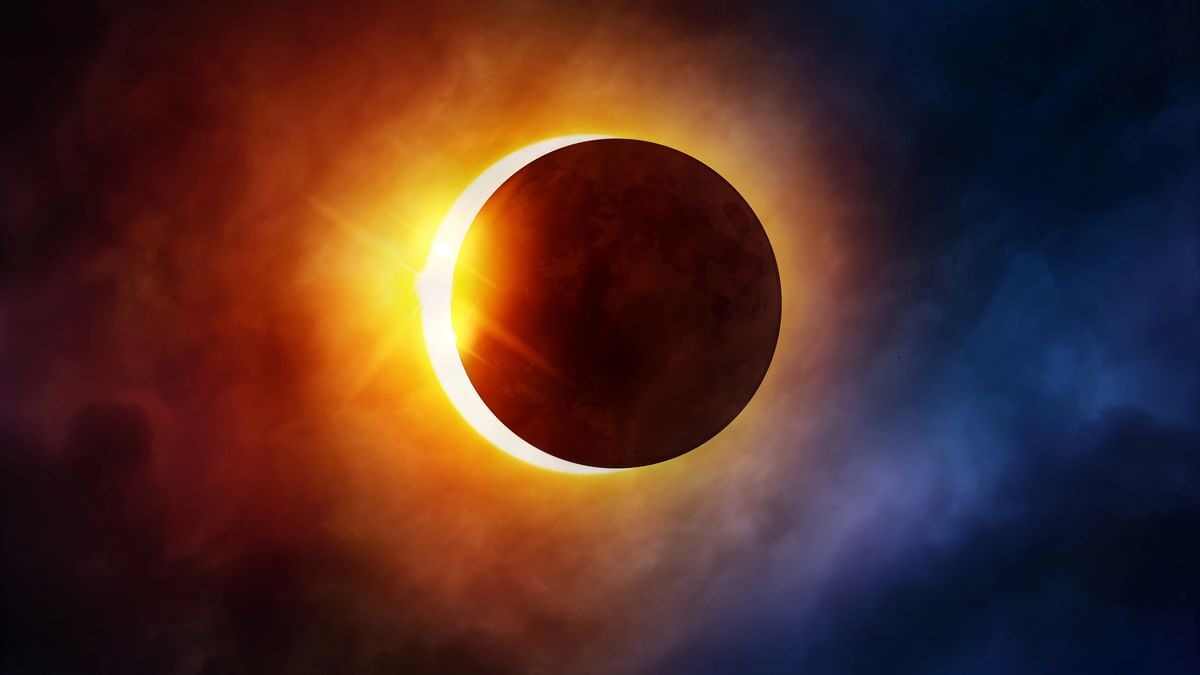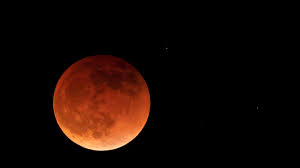lunar eclipses are often associated with various cultural and religious beliefs in different societies around the world. Here are a few examples:
1. Hinduism :
In Hinduism, lunar eclipses are traditionally considered inauspicious times. Many Hindus believe that negative energy is amplified during an eclipse, and therefore, they avoid important activities, fasting, and sometimes perform rituals and prayers to counteract the negative effects. Temples may also close during an eclipse.
2. Buddhism :
In some Buddhist traditions, lunar eclipses are seen as opportunities for reflection, meditation, and spiritual practice. It’s a time to contemplate the impermanence of life and engage in acts of merit.
3. Native American Beliefs :
Some Native American tribes have their own beliefs about lunar eclipses. They may see them as powerful spiritual events, with their significance varying from tribe to tribe.
4. Ancient Mayan Culture :
The ancient Maya had detailed astronomical knowledge, and they tracked lunar eclipses as part of their calendar system. They often associated eclipses with significant events or made predictions based on them.

5. Chinese Culture :
In traditional Chinese culture, lunar eclipses were often seen as omens, and there were taboos related to eclipses. People would make loud noises, such as drumming and shooting arrows, to drive away what they believed to be a celestial dragon that was eating the moon.
6. Islamic Beliefs :
In Islam, there is no specific religious significance attached to lunar eclipses. However, Muslims may engage in additional prayers and supplications during an eclipse, as it’s considered a time to seek Allah’s protection.
7. Modern Observance :
In modern times, many people may view lunar eclipses as purely natural phenomena and may not attach specific religious or cultural beliefs to them. They might simply appreciate the beauty and wonder of the celestial event.
It’s important to note that beliefs and customs surrounding lunar eclipses can vary widely among cultures and individuals. While some may consider them inauspicious or significant for certain practices, others may view them as opportunities for reflection, meditation, or scientific interest.
The 2023 Chandra Grahan, or lunar eclipse, will occur on October 28, 2023. It will start at 11:31 PM and end at 3:36 AM on October 29, 2023. The greatest eclipse will occur at 1:45 AM on October 29. The eclipse will be visible in India.
also read other news :
What is a Chandra Grahan? Mystery of Lunar Eclipses !!
Lunar Eclipse : The Celestial Dance of Earth, Moon, and Sun
Is it safe to watch a lunar eclipse with the naked eye?
What is the astrological significance of a Chandra Grahan?
How Often Do Lunar Eclipses Occur : Frequency and Visibility
Can a Chandra Grahan be predicted in advance?
What equipment do I need to observe a lunar eclipse?
How does a Chandra Grahan differ from a Surya Grahan (solar eclipse)?
What are some popular myths or misconceptions about lunar eclipses?
